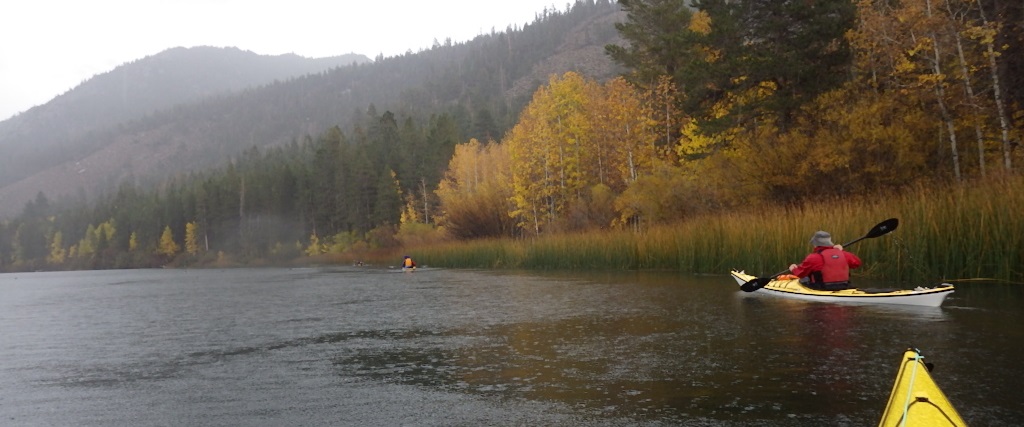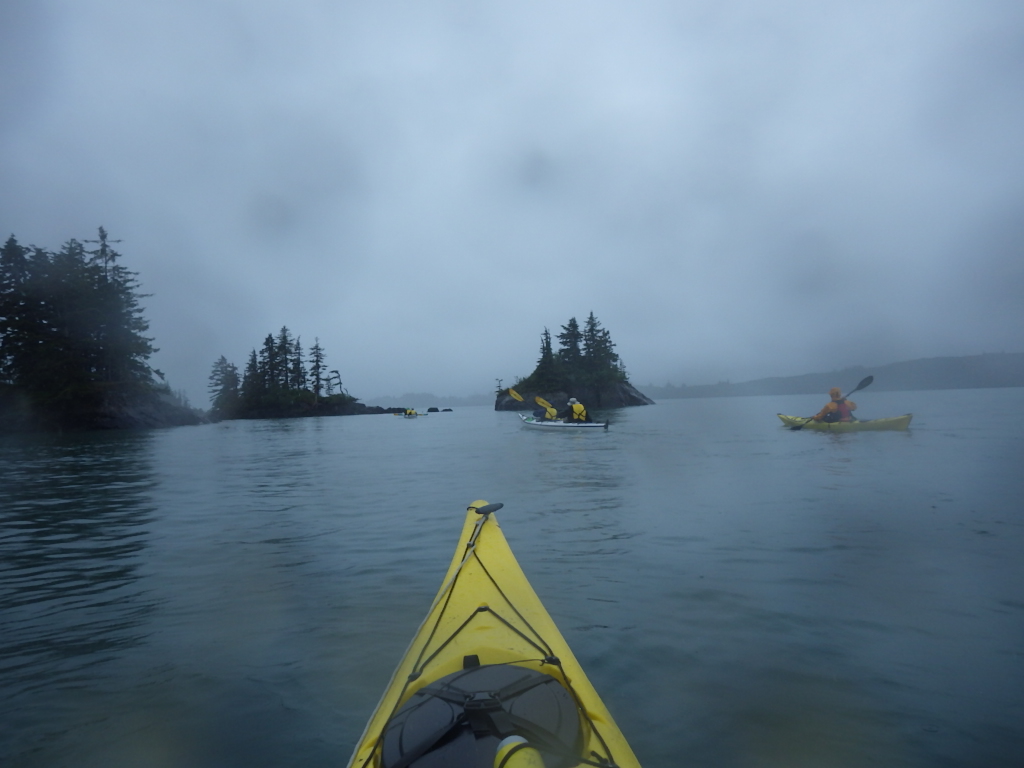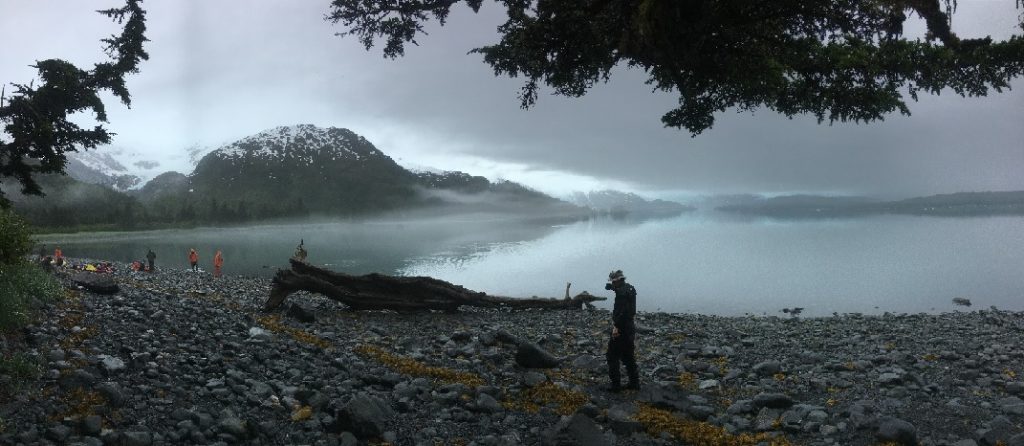
-by Jay Murdock, SDKC Safety Editor
I recently heard a great message by David Jeremiah about the human condition, which some elements have direct applications for our sport. It examined the fact that people tend to live for the moment, responding to the immediate and not the important, and put off those things that will prepare them for future events and uncertainties. I’ve expanded on that message to fit our needs.
Our nature is to avoid making hard decisions, those that may increase the level of stress in our lives. This is why we don’t go to the doctor when we should. Part of our make-up is something called the “Normalcy Bias”, the survival mechanism in our DNA which causes us to think everything is ok when confronted with danger of any form. What typically comes to mind is how unprepared people are for natural disasters, like a hurricane. Having not prepared well in advance, they are not staying ready for the event, then have to scurry at the last minute to get ready, often falling short of what is needed for survival. But this is also what keeps us from being prepared for every day occurrences that put us in harm’s way. This is why we have to learn how to be a defensive driver. Learning to be afraid of, or having respect for something that has not yet happened is what changes us from careless behavior to wise and cautious people.
The old adage of “trusting your instincts” only applies when you have developed wise and careful instincts to begin with. We learn as kids to not touch hot objects, but we can also learn vicariously what to avoid. Too often I have read of the tragic consequences of someone venturing into the wilderness or on the water, and not heeding the warning signs of danger. We are out to have fun, and our “guard is down” of paying attention to those signs. Learning to recognize, analyze, then act on those signs will increase the odds of our staying safe. It is one thing to sense danger; it is another to act on that.
It is better to over-prepare for any event, making careful plans, leaving your itinerary with someone back home, bringing the right equipment, and so on. But the most important thing to take on any outing is a prepared mindset. Go over in your mind every possible danger that may occur on the trip, and think about the safest action to take if that happens. This will give you the ability to act quickly and decisively. That is why going over first aid and safety procedures at the start of the trip is so important. It gets everyone on the same page in thinking about safety, and how to respond as a group. This is why it is critical to know who you are trusting to venture out with. Does that person (especially the leader) have the right mindset for safety.

But there is another aspect of this, one that is related to the Normalcy Bias, and that is the tendency to “freeze up” in the face of immediate danger, and how to better your chance of this not happening to you. Why this is so important can be demonstrated by three examples I have personally witnessed.
While ocean fishing years ago I had three others in my boat and we were trolling for albacore several miles south of San Diego on a calm day. I let someone else steer the boat, who also owned a boat and was familiar with ocean fishing. Suddenly we spotted a six-foot-high breaking wave coming at us off the right side of our boat. At that instance, he froze and did nothing to save us from the likelihood of being capsized by the wave hitting us broadside. I had to physically pull him off the helm, turned the boat into the wave, and pushed the throttle full speed. We were able to punch through the wave, but the boat was half full of water. Keeping the speed up while turning on the bilge pump eventually drained the water out.
The second instance was being driven home by a friend at night, and we were on the I-8 freeway when a car in front of us clipped another in the rear bumper and it rolled upside down. My friend froze at the wheel while we sped toward the accident. I shouted at him to stop, which jolted him out of that trance, and we narrowly avoided hitting the upside-down car. He later admitted the accident did not look “real”, and he was mesmerized by what was happening. He was mentally unprepared to deal with something out of the ordinary. This explains why some people get up out of their seat in an airplane accident to exit the plane, while others who are able to get up stay put in a bewildered trance. They have not mentally rehearsed that emergency scenario in advance.
The third experience was in a float plane on the Alaska Peninsula during a moose hunt. We did an emergency landing at a remote hunting lodge on the Stony River when we could not get through Merrill Pass to get back to Anchorage. Having stayed overnight, we boarded the plane, pushed out into the river going downstream, and the pilot pulled the throttle cable to increase engine speed. Suddenly the cable broke with the RPM at half throttle. He looked at the broken end and handle in his hand and screamed “look at this”. Then he froze, just staring at the handle. We were still on the water, going really fast, and heading toward a sharp turn and several trees. Disaster seemed eminent, then my brother-in-law (who was also a pilot) reached over and turned off the magneto, stopping the engine. While our young pilot was very experienced in the bush, a broken throttle cable had never happed to him, and he was not prepared for that specific event; the shock of it froze him. Something that older pilots do is go over various emergency scenarios, and the actions taken to avoid disaster. And they do this over and over again. By doing this they develop the ability to focus, think and solve problems under extreme pressure, which transfers to new situations.

It is mental training before something occurs that makes the difference. And through that training we become consistent in our response in an emergency. By repeating that mental training, we gain “mental and muscle memory” which lets us respond to a crisis without stopping to think about it (our mind and body acts automatically). The goal is to be “consistently consistent” through discipline and repetition, and by that we are staying ready for any emergency.
Learn from your mistakes, and take action to not repeat them! I’ve made some notable errors on trips I’ve led, and after each trip have evaluated the event, researched the remedy for not repeating that mistake, then shared that info with the group. While these events and evaluations are serious, finding humor in them also helps to move beyond them, while not allowing trauma to paralyze us. “To err is human, to forgive divine”.
One last element that is essential for a quick response to an emergency is confidence. We gain confidence through that mental preparedness and compliance to the essentials of what is important to know and act on. That confidence gives us the courage to act through the fear of the moment. During the war in England the famous preacher G. Campbell Morgan saw that people were fearing the invasion from Germany, and wanted to bolster their confidence. He told them that all around England were “Strong Men” of consistent action and focus on what is important, and that the “fixed heart is one of courage”. Churchill was giving the same message, and the country became resolved to fight on at any cost.
Be prepared, be brave, stay safe…
